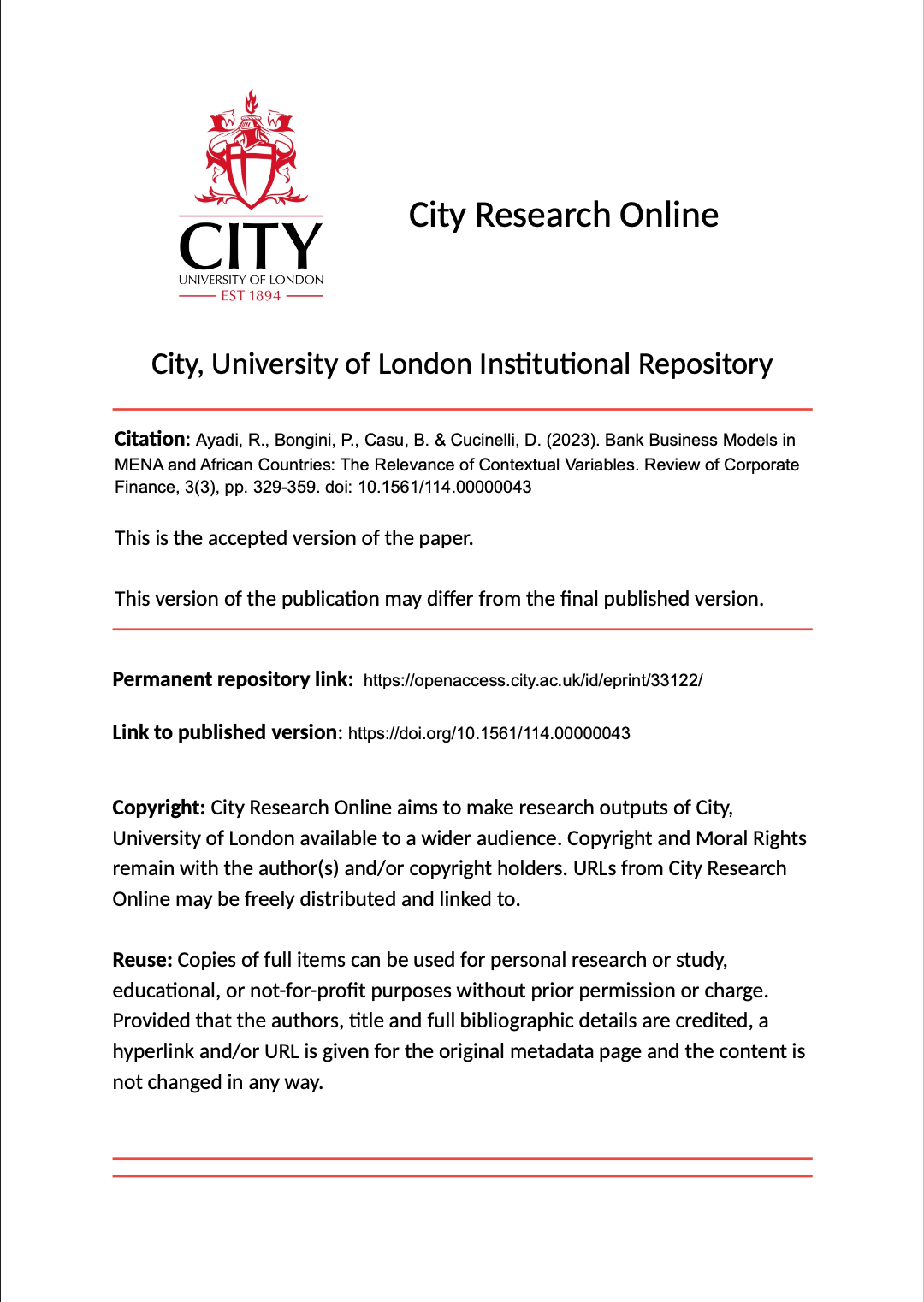With Europe already grappling with potentially large new waves of migrants heading from Sub-Saharan Africa, an influential survey now points to tens of millions more youth-aged emigrants wanting to leave the MENA region.
Amid record youth unemployment and a bleak economic outlook, more than half of young Arabs in Levant and North Africa dream of making a fresh start abroad, according to the latest comprehensive research.
The Middle East and North Africa Region (MENA) currently has the world’s highest youth unemployment rate, standing at over 25%.
This is hardly surprising, given the demographics. According to UN figures, the Arab world comprises the largest percentage of youths, with one in five of its citizens aged 15-24 – equating to around 200 million people or 60% of the overall population.
Face-to-face interviews were conducted during March and April this year with 3,600 Arab 18-to-24-year-olds across the region, as part of the 15th annual Arab Youth Survey, carried out by the global communications agency, Asda’a BCW.
Over 50% of those questioned said they were actively looking to emigrate or were considering leaving their homeland for better jobs and opportunities. That equates to over 100 million young adults.
Key findings revealed:
- 53 per cent of people aged 18-24 in Levantine countries — Jordan, Syria, Iraq, Lebanon, Yemen and the Palestinian territories — and 48 per cent of those in North Africa wanted to move abroad to find work.
- 72 per cent of young Levantines and almost two-thirds of north Africans youths said their national economy was going in the “wrong direction”.
- Preferred destinations of young Arabs considering emigration were Canada (34%), US (30%), Germany (20%), UK (20%) and France (17%)
However, in oil and gas exporting countries of the Gulf Cooperation Council (GCC), where living standards are higher, the percentage of those looking to emigrate dropped to 27%.
“The desire to emigrate corresponds with the bleak economic outlook in many Arab nations,” said Sunil John, Asda’a BCW’s Founder and President for the MENA region. “Youth emigration is a huge drain on the economy of the Arab world, which must be stopped if the region is to benefit from the youth dividend.
“The increasing number of Arab youth seeking greener pastures abroad reveals two of their important characteristics: One, their disappointment in the lack of opportunities at home – for a good education and a successful career, and two, their eagerness to shape their own destiny,” he added.
Meanwhile, Mustapha Kamel al-Sayed, professor of political science at Cairo University said the region was facing a “youth bulge”, but “governments have been unable to create enough growth to provide jobs that pay sufficiently to cover people’s basic needs.”
He observed that the unemployment rate and their reasons varied from nation to nation. “In some countries such as Lebanon, Tunisia or Libya there is political instability, while in others like Egypt or Algeria, there is misallocation of resources and insufficient support for the private sector.”
Reasons for optimism
Nevertheless, compared with four years ago, optimism amongst the youth population is increasing. Today, 57% of those questioned said they expected to have a better life than their parents. In 2019, that percentage stood at only 45%.
And despite their fears about their national economies, 69% of young Arabs thought their best days lay ahead of them – that’s a 5% increase on the 2022 figure. Again, there appears to be more positivity amongst those surveyed in GCC, compared to North Africa and the Levant.
Looking ahead over the next 10 years, starting a career was the top priority for young Arabs (18%), ahead of 17% who prioritised finishing their education. Following a passionate personal pursuit came in third (15%).
Revealingly, 85% of the sample said it was important that Arab countries upheld universal values such as freedom, equality and respect for human rights. This was a view that was endorsed equally across the region.
Sunil John concluded: “Despite the bleak economies in North Africa and Levant, what shines through is the youthful exuberance of being optimistic of the future. This is evident in most young Arabs being defiantly hopeful about their chances for a better life.
These findings underline that Arab countries must focus on creating the right enabling environment for young people to thrive – the responsibility for this lies with both the government and the private sector.”
Europe’s plan to stabilize West Africa erupts — again – POLITICO





